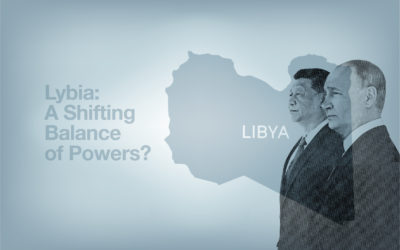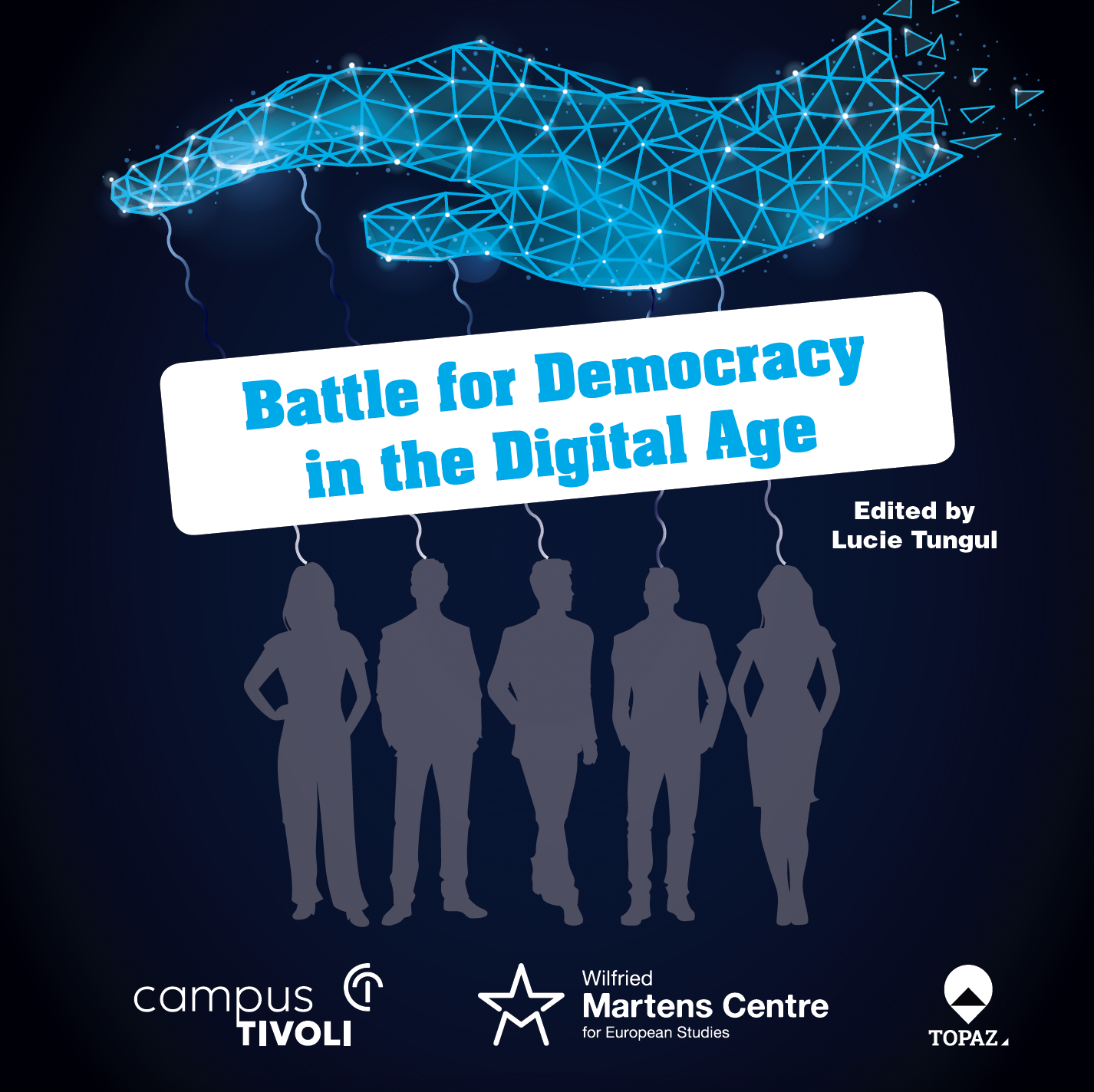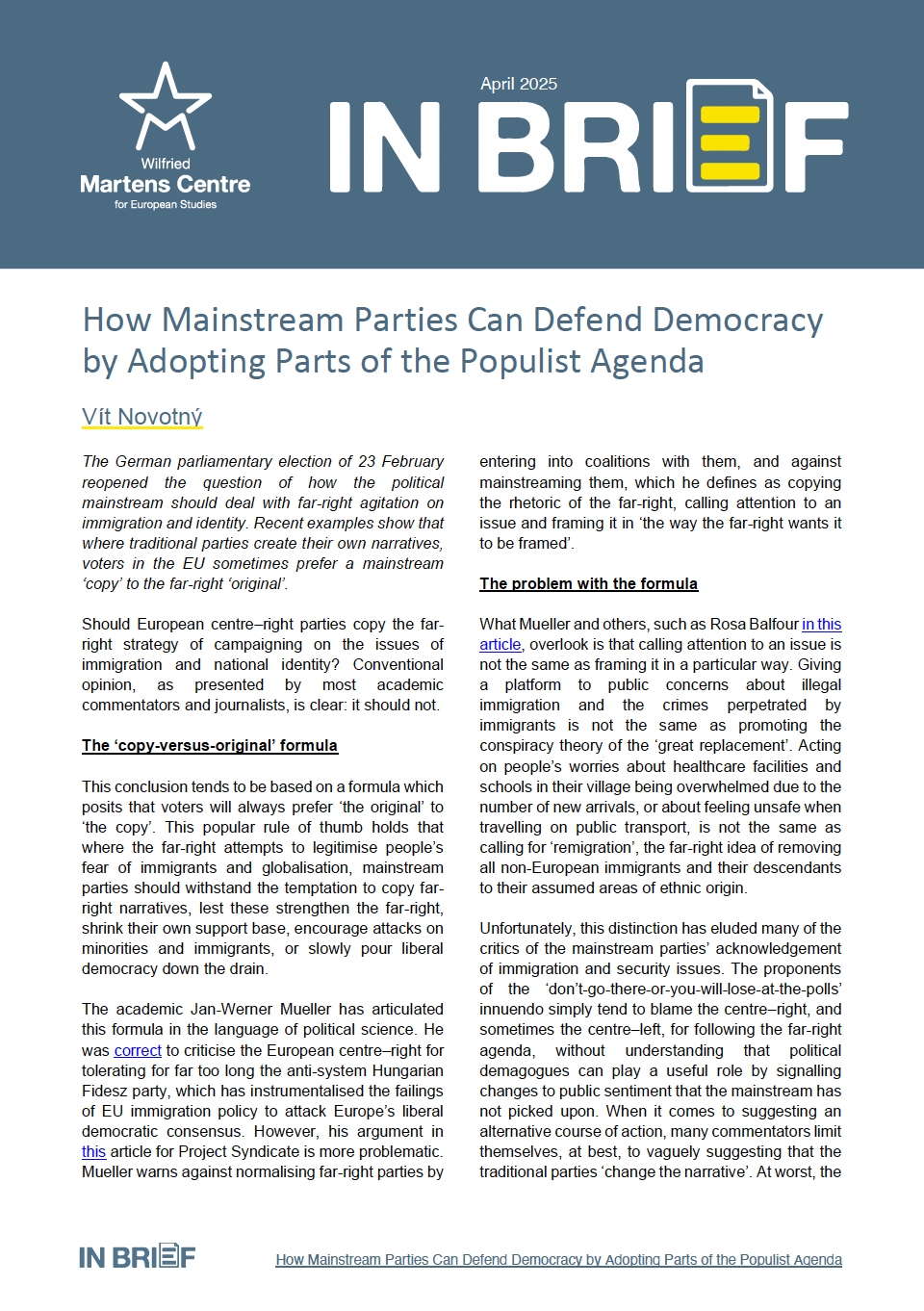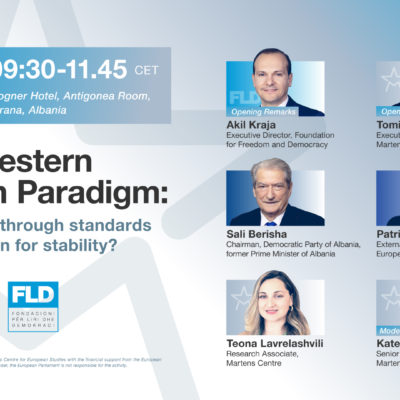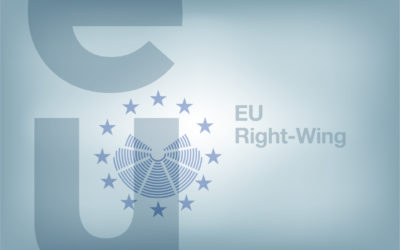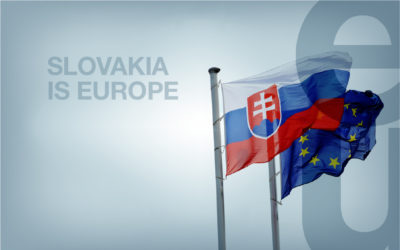A New Era for French Politics
21 June 2022
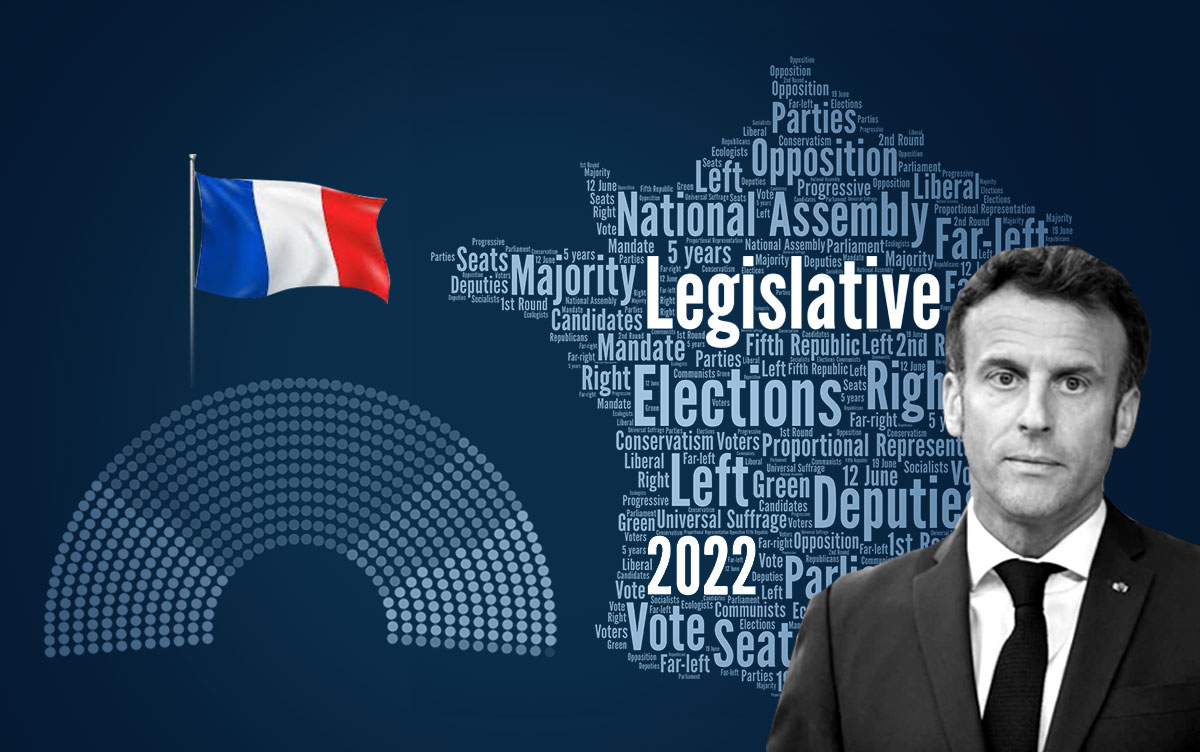
Political fragmentation has come to France. The 2022 legislative elections, marked by the chronically high abstention rate which now characterises the system, has seen the emergence of two extremist blocs, frustrating Emmanuel Macron’s hopes of an outright majority. With 245 seats, Macron will need to enlist the help of at least 44 opposition representatives for every single proposal. After having spent the last five years ruling almost by decree thanks to his parliamentary super-majority, Macron’s ability to compromise is about to be put to the test.
A Mixed Bag for the Opposition
For most of the campaign, the far-left NUPES, led by Jean-Luc Mélenchon, was seen as the true opposition contender. After coming tantalisingly close to reaching the second round of the Presidential election, Mélenchon formed an electoral alliance with the Communists, Socialists, and Greens, with his own party, La France Insoumise, as the centre-piece. Having won 131 seats, this alliance is indeed the second largest force in the Palais Bourbon. Many left-wing heavyweights congratulated themselves on this result, and indeed, the policy positions holding the NUPES coalition together resonated with some French voters, along with the unmistakeable anti-Macron tone of their campaign.
However, NUPES’ seemingly positive result is confronted to the unexpectedly strong result of Marine Le Pen’s far-right Rassemblement National, which took 89 seats. Up from 8 seats in 2017, this represents a fundamental paradigm shift. The far-right, which generations of politicians and voters both left and right worked to keep out of office, is now a major political actor in France. Specifically, the RN is now a genuine parliamentary group, with the ability to call on the Constitutional Council to examine proposed legal texts in much greater detail before they are signed into law by the President. One can expect Le Pen will not shy away from using this newfound power to frustrate Presidential ambitions.
Even more concerning for NUPES is the fact that the agreement which created the electoral alliance in the first place explicitly states that its member parties remain distinct organisations, with distinct parliamentary groups. With Mélenchon’s LFI having won 72 seats out of NUPES’ 131, his parliamentary group would actually be the third-largest in the Assembly. Beyond the question of optics, this has serious consequences for its ability to leverage power; to give but one example, the leadership of the very influential parliamentary commission on financial matters must go to a representative of the largest opposition group. On Monday, Mélenchon proposed that NUPES members form one parliamentary group to avoid this scenario, which was immediately rejected by NUPES’ other parties, eager to maintain their independence.
After a calamitous result in the Presidential election which saw EPP forces under 5% for the first time, Les Républicains maintained a strong presence in the National Assembly, winning 64 seats for their parliamentary group. Initially, many analysts saw Les Républicains as a natural coalition partner for Macron, with enough margin to provide those 44 seats which Macron will need to advance his legislative agenda. However, Christian Jacob, leader of Les Républicains, quickly stamped out this idea, stating his party’s opposition to Macron’s agenda and record in government. That being said, Jacob was the first party leader invited to meet with Macron after the elections, demonstrating the strategic position which Les Républicains find themselves in. In addition, although a coalition was ruled out, Jacob stated his party would be ‘responsible’, determining its strategy vis-à-vis the government depending on the issues of the day.
Uncertain Outlook for France
So where does this leave France? After a campaign marked by opposition or support for Macron’s personality and governing style, and without a clear partner for the Presidential group, it is unclear where Macron will find the allies he needs to continue exercising power. The obvious solution is that he will seek to work with specific representatives from specific parties, depending on what law is being examined. Given his habit of poaching politicians from rival parties, both left and right, he may seize this situation as an opportunity to lend additional legitimacy to some of his proposals; working with the NUPES on climate and the Rassemblement National on immigration, for example.
Such a scenario was certainly touched upon by Olivia Grégoire, spokesperson for the government. Immediately after the results were announced, she stated the government would work with ‘all those who want to advance the country’, while expressing ‘concern over the rise of extremism’, perhaps hinting at a preference to work with Les Républicains. Justice Minister Éric Dupond-Moretti seemed to be appealing to all sides: after saying to LFI representative and Mélenchon adviser Alexis Corbière that ‘we’ve already found common ground’ during a television panel on election night, he stated the next day that it would be possible to ‘work together’ with the Rassemblement National.
Other Macron insiders are much more pessimistic, prophesising gridlock and the inevitable dissolution of the Assembly and the organisation of early elections in a year’s time. Dissolution of the Assembly seems an unlikely scenario; the political momentum is far from being in Macron’s favour, and the last time a French President dissolved the French Assembly for political purposes was in 1997, when Jacques Chirac put a little too much trust in polling data, leading to the appointment of socialist Lionel Jospin as Prime Minister.
The coming weeks and months are a true test for the French political system. The French system has always afforded the President much more power than other heads of the executive have enjoyed in other Western democracies, as per de Gaulle’s vision. For the first time, the President and his Prime Minister will be in nominal control of the country, while having to bargain to get anything done. Whether this helps develop public debate and healthy compromise, or precipitates the establishment of the Sixth Republic, remains to be seen.
ENJOYING THIS CONTENT?




